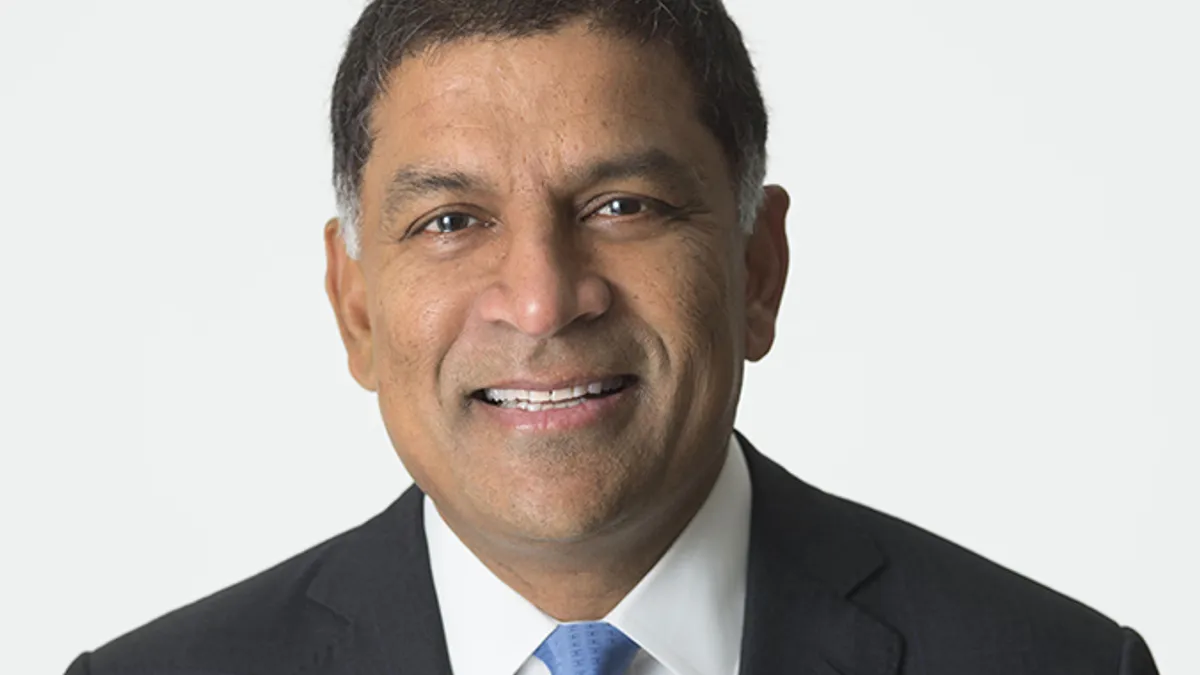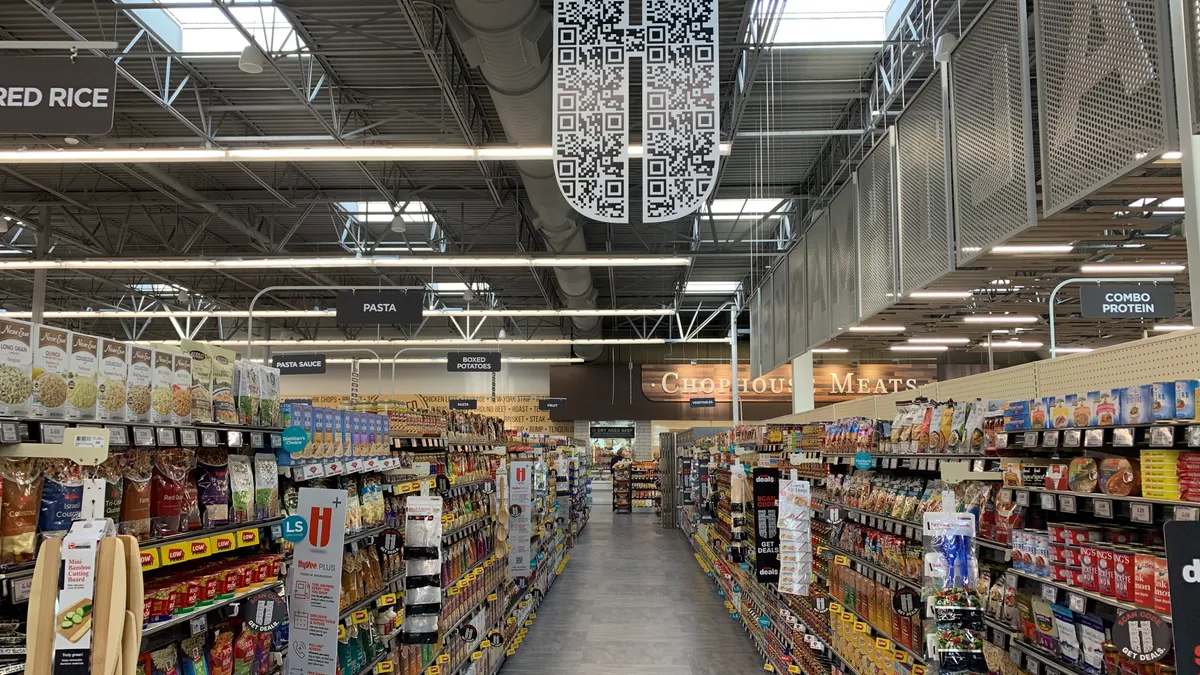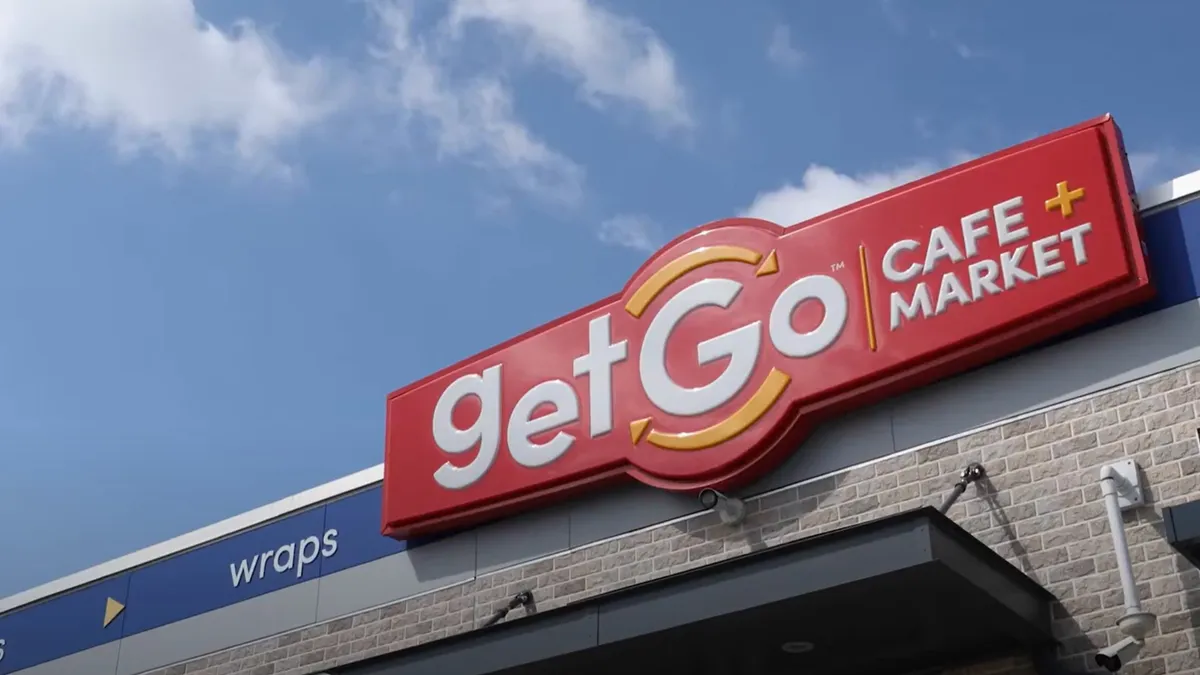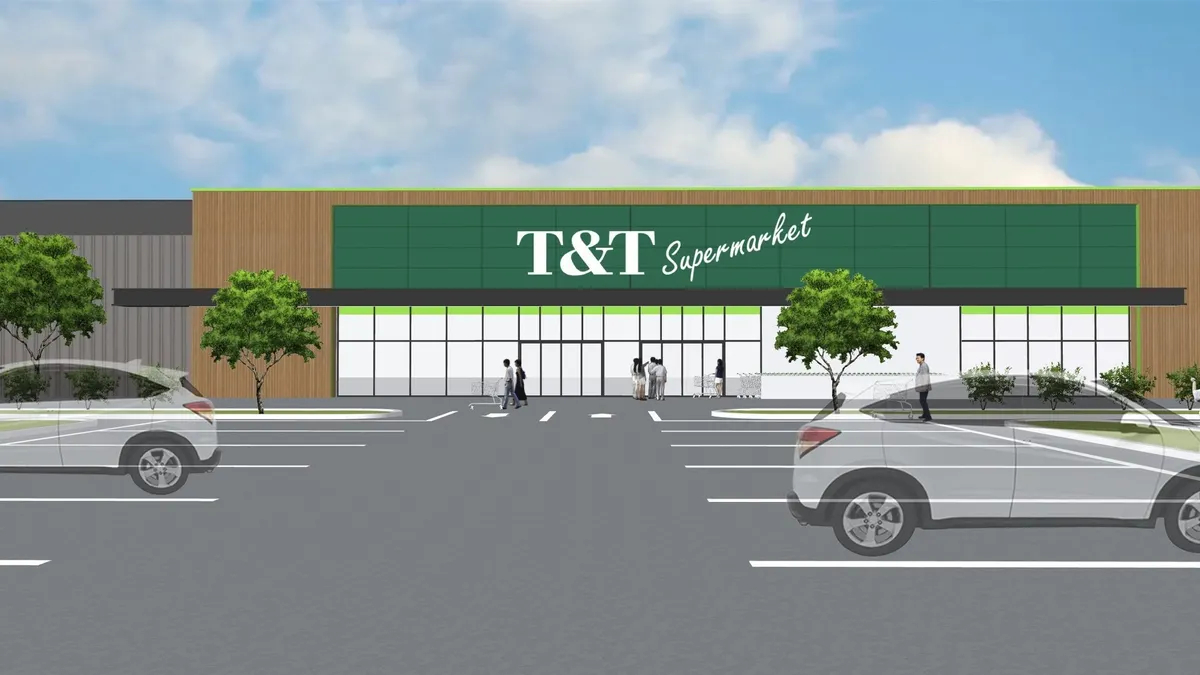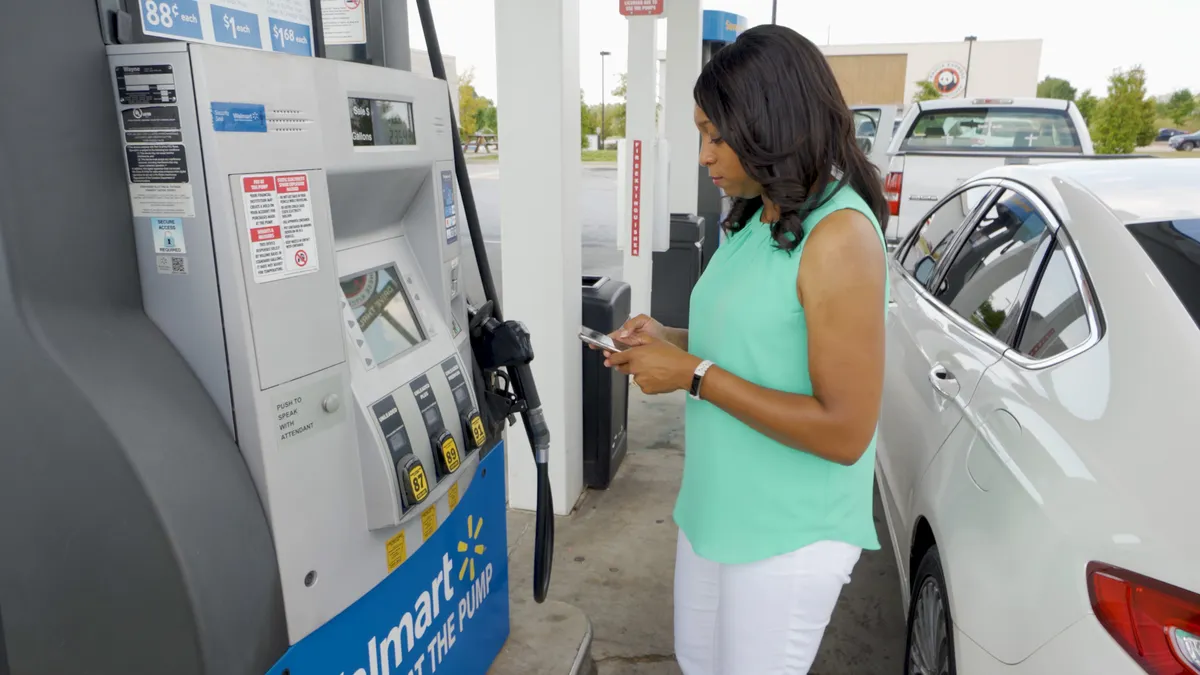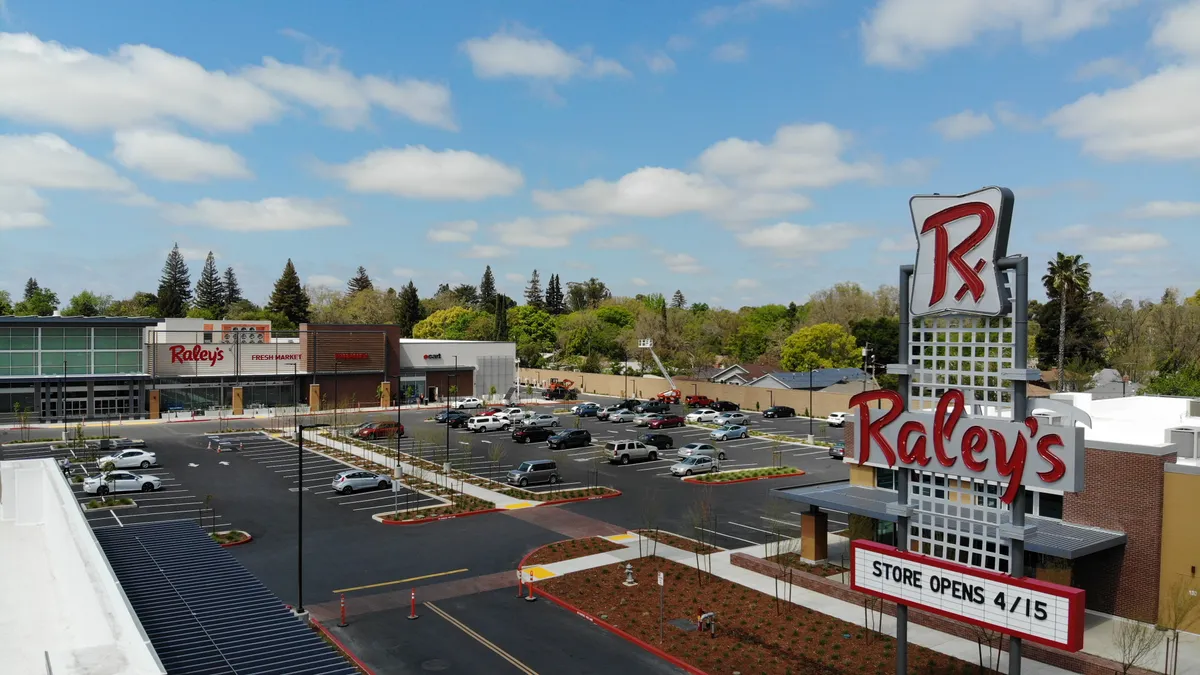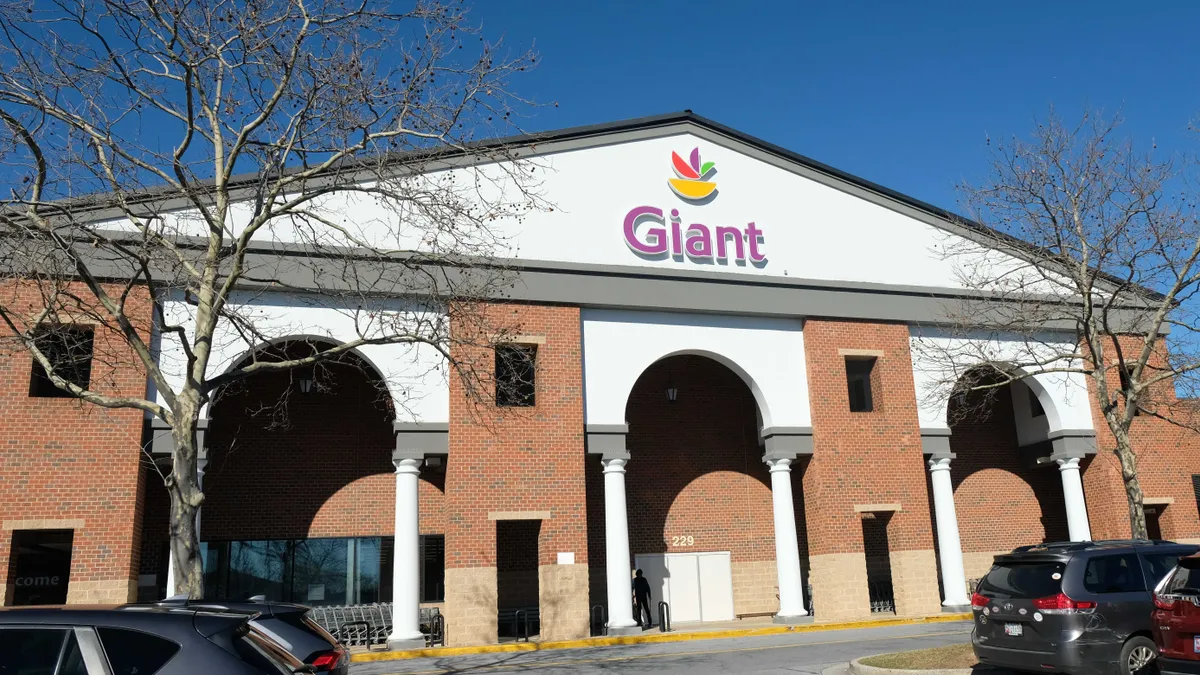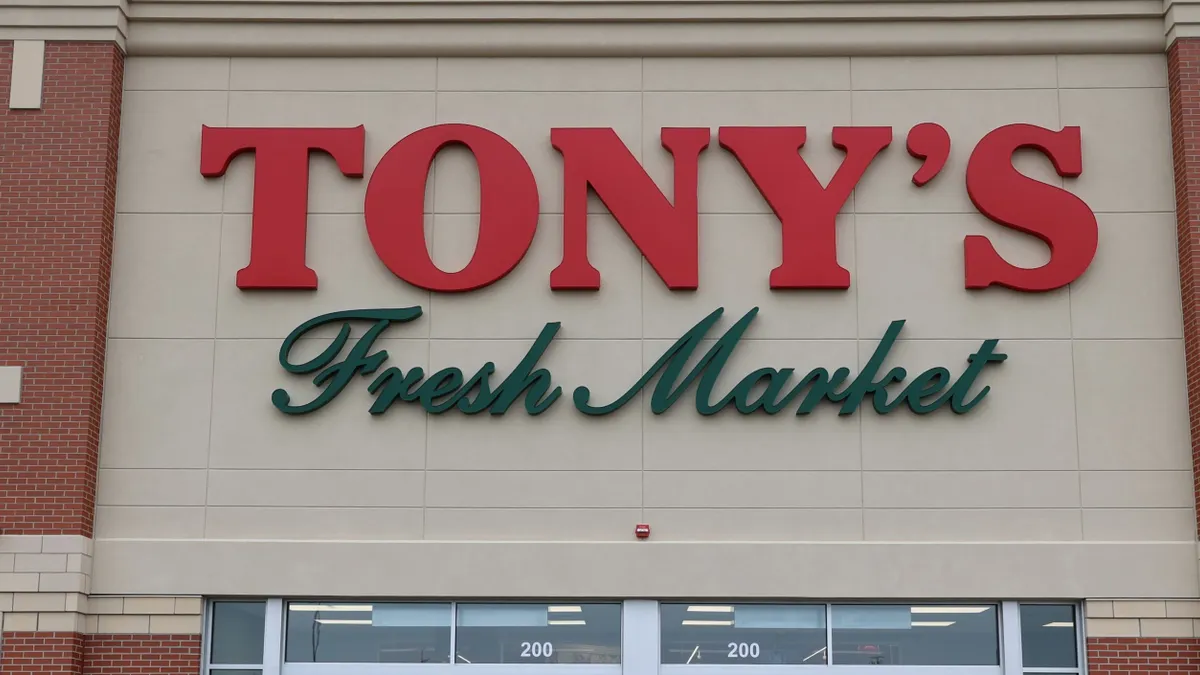Brittain Ladd is a global retail strategy and supply chain expert.
Albertsons recently announced that current CEO Jim Donald, who has been in the role for less than seven months, is stepping down and will be replaced by Vivek Sankaran, who formerly served as CEO of PepsiCo Foods North America. Sankaran will officially become CEO and president of the Idaho-based grocer on Thursday.
Sankaran worked at PepsiCo in a variety of roles over a 10-year period culminating in being selected as PepsiCo Foods North America CEO. Before joining PepsiCo in 2009, Sankaran was a partner at McKinsey and Co. Sankaran is qualified to be the CEO and president of Albertsons. However, Sankaran is going to discover that he has a tough job on his hands positioning Albertsons for success against major competitors like Walmart, Aldi, Kroger, Ahold Delhaize and Amazon.
Albertsons' current strategy
Albertsons, ranked number three in overall grocery market share behind Walmart and Kroger, respectively, faces a challenging future even though operational performance has increased. All of Albertsons’ competitors are investing heavily in digital and supply chain initiatives and Albertsons must do the same.
Albertsons has stepped out of its comfort zone through partnerships with Microsoft to use Azure cloud computing technology as the preferred platform to reduce friction in the shopping experience. Albertsons is also in the process of piloting micro-fulfillment technology through Takeoff Technologies.
Albertsons is certainly trying. However, 2018 was a tough year for the company as it failed to merge with Rite Aid — a deal that I believe it was one-sided in favor of Albertsons. I also believe merging Albertsons and Rite Aid would have generated little if any value to either company.
With the combined companies valued at $24 billion, Albertsons was convinced a merger with Rite Aid was the best strategy for the company. I believe failing to merge with Rite Aid is the best thing that could have happened to Albertsons.
Albertsons is also struggling to integrate its acquisition of the meal kit company Plated into its retail ecosystem. According to a recent report, Albertsons has removed Plated meals from stores across the country. The meals remain available online. I publicly spoke out against the deal shortly after it was announced, and had previously recommended to executives from Albertsons that they acquire either ICON Meals or Factor 75, two leaders in prepared meals. Plated is materially insignificant to Albertsons and divesting the company should be explored.
A continuing challenge for Albertsons is that its substantial debt limits the ability of the company to make acquisitions. According to the company's January earnings report, its long-term debt stands at $10.6 billion, down from $11.7 billion at the end of February 2018. This debt amount makes it challenging for a company interested in acquiring Albertsons to generate the required ROI. Albertsons is owned and operated by the private equity firm Cerberus Capital Management.
Albertsons is faced with the reality that it must identify the optimal path forward in a hyper-competitive retail environment. Hiring Sankaran as CEO is a start, but is it enough?
What Albertsons must do now
Sankaran will be confronted with a myriad of challenges once he becomes CEO. Among the top challenges Sankaran will face is the need to identify the optimal competitive strategy for Albertsons as well as confront the company’s severe debt position. I urge Sankaran to identify Albertsons differentiating capabilities and implement a capabilities-driven strategy to maximize organic growth and surgical M&A to shape the future of the company. Sankaran will have to ensure that Albertsons continues to remodel stores while remaining committed to implementing a digital strategy. Albertsons’ online grocery sales are growing steadily but still represent a fraction of sales, while grocery industry analysts agree e-commerce market share for retailers could reach 20% by 2025. A robust digital strategy is a must-have for Albertsons. Instead of introducing a questionable strategy like Kroger’s use of Nuro to deliver groceries, Albertsons should partner with Zume or Fleat Network, two companies that I believe have exceptional disruptive potential.
Sankaran should evaluate increasing capital investment in Albertsons' convenience store concept, Albertsons Express, which offers fresh-cut fruits and vegetables, deli sandwiches, salads and fuel. The grocery industry is migrating towards smaller store formats as these stores can be opened in areas that won’t support a traditional grocery store. Sankaran should experiment with formats, square footage, product assortment and then open the smaller format stores throughout Albertsons grocery ecosystem. This should be a priority for Sankaran.
Sankaran will be pressured to identify additional opportunities for cutting costs, which should include divesting banners and making changes to the organizational structure of the company. I strongly advise Sankaran to revisit Albertsons' supply chain, procurement practices and logistics needs across all banners. Kroger’s partnership with Ocado reinforces the importance of Albertsons automating its supply chain and leveraging micro-fulfillment technology from CommonSense Robotics and Takeoff Technologies, the leading providers of micro-fulfillment technology.
Sankaran and his executive team are faced with the daunting task of identifying and implementing strategies that will ensure growth while protecting market share. No easy task. I believe the best course of action for Albertsons is to consider the following options:
Merge with Ahold Delhaize
A review of the map below shows that Albertsons has a significant presence in the western and central United States. An option worth exploring for Albertsons is to divest its stores in Illinois, Indiana and Ohio, as well as its stores located on the East Coast. However, a bigger strategy would be for Albertsons to explore a merger with Ahold Delhaize, which operates over 2,000 stores in 23 states. Ahold Delhaize also owns and operates the largest online grocery retailer, Peapod. Ahold Delhaize generated $44 billion in revenue from its U.S. operations in 2018. A combined Albertsons/Ahold Delhaize would create the largest standalone grocery retail chain by store count with annual revenues in excess of $100 billion.
Merge with Giant Eagle
With 410 stores located throughout Pennsylvania, Ohio, Virginia, West Virginia, Maryland and Indiana and revenues of $8.9 billion, the privately-held and exceptionally well-run company could prove to be a strategic asset for Albertsons. I especially like Giant Eagle’s getGo Café + Market concept and I believe the format can be significantly scaled across Albertsons retail ecosystem. Giant Eagle’s Market District format can also be scaled.
Be acquired by Alibaba
An even bigger option for Albertsons to consider is to approach Alibaba about an acquisition. Alibaba has tried to acquire U.S.-based companies in the past. However, due to security concerns, the federal government denied Alibaba permission. Alibaba could acquire Albertsons, and doing so would raise no security concerns because Alibaba would capture and manage the same customer data captured and utilized by Whole Foods, Kroger, Walmart and other retailers. I had discussions with Alibaba executives in 2018 regarding an acquisition of Albertsons. The executives I spoke with stated they would support an acquisition, but they raised concerns that the U.S. would not approve the acquisition. I spoke with representatives from several U.S. government agencies about this topic in 2018 as well and each agency affirmed that they would not oppose the acquisition. In addition, I contacted members of the Trump administration and no one raised any objections about the acquisition.
Alibaba would benefit by having a significant retail presence in the U.S. with the potential to scale. Albertsons would benefit from Alibaba’s technology, logistics prowess and especially Alibaba’s Hema stores, which are among the most advanced stores in the world. A combined Albertsons/Alibaba loyalty program would generate a substantial value proposition as customers would have access to groceries and food as well as general merchandise. It is conceivable that Alibaba/Albertsons could become a competitive threat to Kroger, Amazon and even Walmart.
Albertsons is faced with a challenging future. Aldi will operate 2,500 stores by 2025 resulting in increased pricing pressure. Walmart, Kroger and Amazon continue to invest heavily in technology, opening stores and creating a superior omni-channel experience. Incremental changes aren’t enough for Albertsons. Sankaran must think big.


